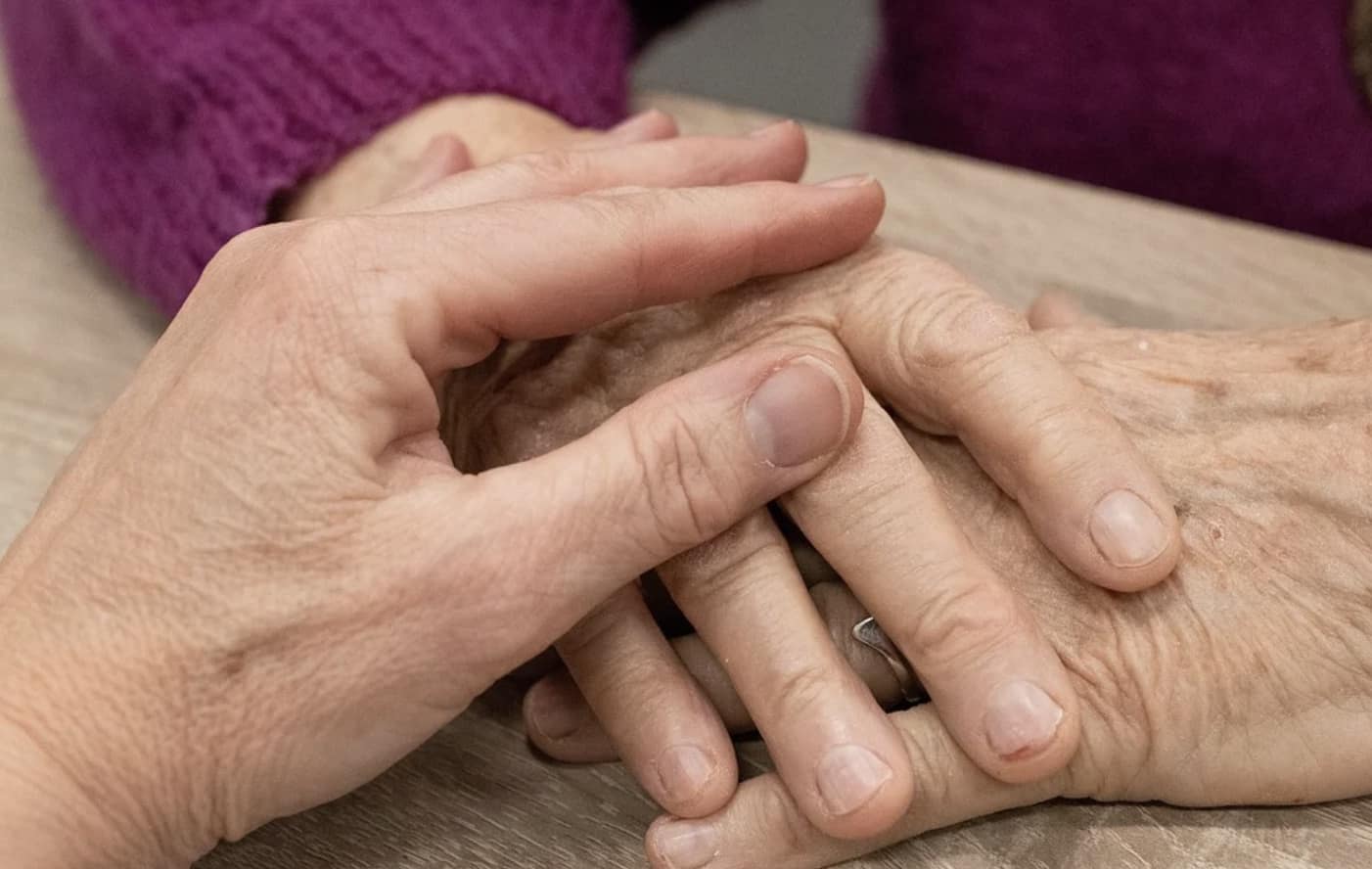Try as we might to avoid it, aging is a natural part of the cycle of life and it comes for each one of us eventually. What we are often unprepared for, though, is the aging of our loved ones. The decision to place a loved one in someone else’s care is stressful enough without worrying about their safety. Nonetheless, you should be aware of the potential risks in doing so.
Chapter Overview
Signs and Types of Abuse
There are 5 types of abuse that elders are particularly prone to and each one is identifiable if you know what to look for.
Sexual Abuse
The most underreported form of abuse is sexual abuse and it’s difficult to say how often it occurs, but it is perhaps the most painful form of abuse to learn of. Elderly loved ones who struggle with debilitating conditions such as dementia or Alzheimer’s disease are particularly vulnerable to sexual abuse. They often have limited capacity to remember events, might have been threatened not to say anything, or have trouble finding the words to explain what is happening to them.
Abusers tend to use these situations to their advantage, but there are often signs and you should be aware of them. If you notice a change in emotional responses towards a certain caregiver, pay attention. Signs of sexual abuse include heightened arousal (outside of what you might consider normal for someone with a debilitating condition), frequent urinary tract infections or unexplained vaginal infection, or flinching when being touched or bathed by a certain caregiver. And if your loved one tells you they’re being sexually abused, please don’t ignore them.
Neglect
Unline sexual abuse, neglect is the easiest form of abuse to recognize if you’re paying attention. If you discover your loved one is left to sit in soiled garments, has bed sores from not being moved often enough, appears to be losing weight rapidly, or displays other signs of malnutrition, you better bring it to someone’s attention immediately.
This type of abuse is inexcusable and avoidable but should you notice signs of neglect at the hands of a facility, don’t hesitate to seek legal assistance. Your loved one deserves the utmost care no matter who is caring for them.
Financial Abuse
This is the second most common form of abuse and it, unfortunately, most often occurs at the hands of a family member responsible for caring for your loved one. Signs that someone is being taken advantage of financially include missing cash or theft of items, miscellaneous withdrawals or checks cashed from the elder’s account, or a caregiver purchasing things they typically can’t afford.
As our loved one’s age, it’s important to protect their financial assets. Make sure a trusted caregiver is the financial power of attorney and limit access to your loved one’s accounts. If you suspect someone is stealing from an elder in your care, bring your concerns to the attention of the thief and to other relatives. Together you may be able to put a stop to it.
Physical Abuse
As we age, our bodies become frailer. We’re more prone to falls, we bruise easier, and we break easier. It also becomes easier to be physically abused as cognition becomes impaired or physical limitations become more prevalent. When it comes to caregivers and the elderly, physical abuse is the number one reported form of abuse and occurs more frequently than people want to believe.
You might not be able to prevent it altogether, but physical abuse is easiest to identify and, therefore, the easiest to put a stop to. Unusual bruising, flinching at sudden movements, and fearful responses to certain caregivers are all indications that your loved one may be being physically abused. Keep your eyes out for these things and if you discover that physical abuse is occurring, speak up and speak loudly.
Emotional or Psychological Abuse
Caring for your loved ones’ mental health should be a top priority and unfortunately, emotional abuse is hard to recognize despite it being the number one reported form of abuse. As sexual abuse, the damage is often invisible but if you know what to look for, you might be able to minimize the risks to your loved one.
Threatening, yelling, isolation, or any behavior that makes someone feel unsafe is considered psychological/emotional abuse. Telltale signs include withdrawal, depression, anxiety, and adverse emotional response to a certain caregiver, or any unexplainable changes in behavior can indicate emotional abuse is occurring. It’s your duty to be observant and make it clear that this type of abuse will not be tolerated.
Providing support for an aging loved one goes beyond just making sure they have a roof over their head. As painful as it may be to watch someone age, it’s your responsibility to ensure their dignity and self-worth are preserved. Knowing the signs of abuse is one way to do that.

